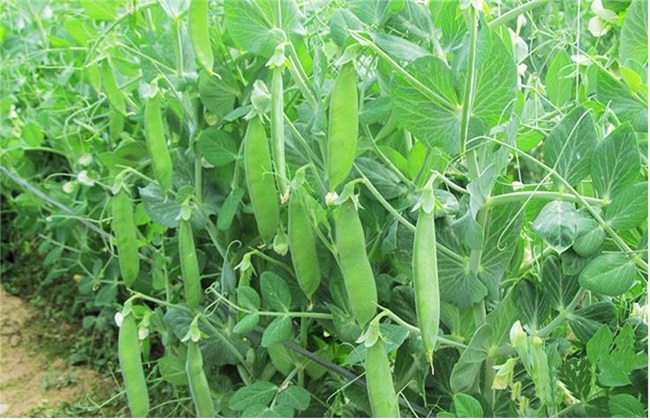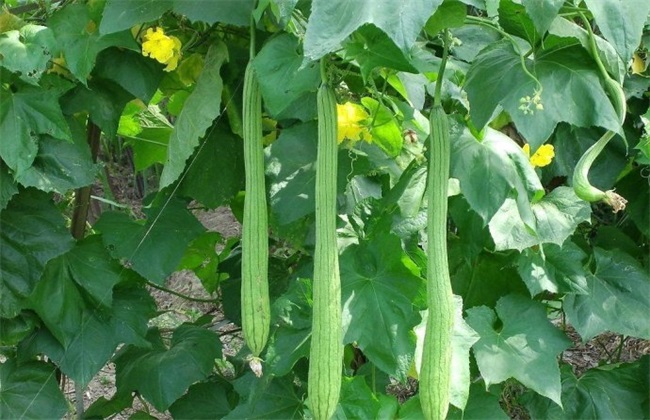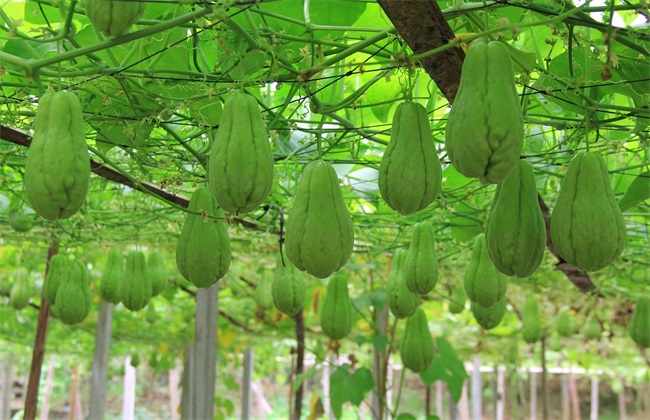Cultivation time and method of Dutch bean
Dutch bean is a kind of vegetable that many people like to eat very much, and it also has a large market demand in our country. So now the planting area of Dutch beans is getting larger and larger, and more and more people are planting them. However, the cultivation of Dutch beans is not as simple as expected. When planting Dutch beans, we should pay attention to the time and cultivation methods. Today, the editor will give you a brief introduction. Let's take a look at it.

1. Cultivation requirements
Dutch bean is a kind of plant that likes to grow in a cold environment. The requirement for light is long sunshine, and its heat resistance is relatively poor. Therefore, according to the planting area, the cultivation time will also be different. If planted in the Yangtze River basin, it is generally overwintering cultivation, because the growth cycle is not long. So if you sow in autumn, you can also harvest in autumn. If it is in the north, it will be sown in spring and harvested in summer. However, the Dutch bean is not very strict about the light time, so as long as the variety is suitable, then the cultivation time can be chosen in spring, summer and winter.
2. Cultivation methods
Overwintering cultivation
The method of overwintering cultivation is mainly used in planting areas such as the Yangtze River Basin. Some plots that are idle in winter are usually used for planting, most of which are cotton fields. Because not only the harvested cotton stalk can be used as the support of Dutch beans, but also can achieve the purpose of land cultivation. The time of overwintering cultivation is generally controlled in October-November of each year, and overwintering can be carried out in the open field. Under normal management, it can be harvested around Ching Ming Festival in the second year. Be sure to pay attention to the sowing time, sowing should not be too early, otherwise the Dutch bean is easy to grow, causing the plant to freeze to death. If sowing too late, the soil temperature is insufficient and the development of root system is blocked, which leads to the delay of vine time and the reduction of yield.
Spring cultivation
If spring cultivation is carried out in the Yangtze River area, then the sowing time should be controlled at about February-March of each year. It can be harvested before entering the hot summer weather. If spring sowing is carried out in the north, then the sowing time is around Ching Ming Festival. According to temperature, market and other factors, we can sow seeds earlier, but we need to cover with plastic film, small arch shed and so on. Because the growth period of spring sowing varieties is relatively short, and the temperature is low in the early growth stage and higher in the later stage. Therefore, in spring sowing, it is necessary to give priority to varieties with short growth period and strong cold tolerance, and it is best to sow early.
Autumn cultivation
A good variety should be selected for autumn cultivation, which is usually carried out around September every year. If it is cultivated in autumn, its growth period is not very long, and its growth period is generally only about two months. In autumn cultivation, we can raise seedlings in a greenhouse in summer now, and then cover with plastic film in winter to prolong the picking period of Dutch beans. During cultivation, we should pay attention to the soil, if the soil is too sour, then we should pay attention to apply an appropriate amount of lime powder to neutralize. And the previous crops in the soil should not be Dutch beans to prevent serious soil-borne diseases.
The above is a brief introduction of the cultivation time and methods of Dutch beans. The cultivation of Dutch beans is relatively simple and the yield is relatively high, but attention should be paid to the management in order to ensure the planting efficiency. That's all for today's introduction. This article is for reference only. Thank you for your reading and support.
Related
- Where is it suitable to grow horseradish in China? it is expected to see the middle altitude horseradish in Alishan.
- How to prevent tomato virus disease reasonably? (Control methods included)
- Many people like to plant towel gourd on the balcony. What are the main points of this method and management?
- What crops can chili peppers be mixed with?
- Fertilization techniques and matters needing attention in Tomato
- What are the grafting techniques for peach seedlings in spring?
- Harm and control methods of root swelling disease of Chinese cabbage
- What are the pests of sweet potatoes? How to prevent and cure it?
- Symptoms, causes and Control methods of navel Rot in Tomato
- The cause of "Cucumber rotten bibcock" in Farmers' planting Cucumber and its Control Plan



